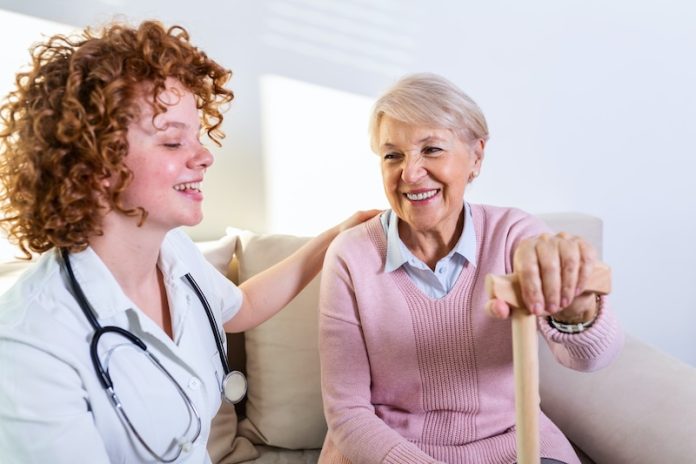
For many patients, the day they learn they have Parkinson’s disease is a day they’ll never forget, often referred to as “D-Day”. This term, typically associated with a sense of dread, reflects the challenging journey ahead.
However, a recent study led by Dr. Indu Subramanian, a neurologist specializing in movement disorders at UCLA Health, is aiming to change this narrative.
The study, published on December 21 in Parkinsonism & Related Disorders, focuses on the impact of the language used when delivering a Parkinson’s diagnosis.
Dr. Subramanian observed that the initial conversation can significantly influence a patient’s outlook. She noted that many people hear words like “I’m sorry, you have Parkinson’s,” which can lead to feelings of hopelessness.
Instead, she advocates for a message of hope and empowerment, emphasizing that Parkinson’s is a treatable disorder.
Dr. Subramanian’s advice to doctors, especially primary care physicians and community neurologists who often are the first to deliver the diagnosis, is to focus on positivity and support.
She suggests that doctors should inform patients about the manageable aspects of Parkinson’s, introduce them to available support, and reassure them that they are not alone in their journey.
The necessity for this change is underscored by the growing number of people living with Parkinson’s in the United States.
Currently, about 1 million Americans live with the condition, a number expected to rise to 1.2 million by 2030. Each year, approximately 90,000 new cases are diagnosed.
The study also sheds light on the experiences of different demographics with Parkinson’s, including women, younger people, and minority groups.
These populations often report delayed diagnoses and unequal care compared to older white men. The researchers call for a more personalized and inclusive approach to diagnosing and treating Parkinson’s across diverse populations.
Key recommendations from the study include delivering the diagnosis in person, avoiding euphemisms, and considering a two-appointment approach for delivering the news.
This method allows patients to bring a relative or friend to the second appointment for support.
The study also emphasizes the importance of providing patients with practical advice on self-care, new treatments, coping strategies, and lifestyle choices.
Dr. Subramanian hopes this study will spark meaningful conversations and bring about much-needed change in the way Parkinson’s disease is diagnosed and discussed.
By shifting the focus from despair to empowerment, the study aims to transform “D-Day” from a day of dread to a starting point for a journey of hope and resilience.
If you care about Parkinson’s disease, please read studies about Vitamin E that may help prevent Parkinson’s disease, and Vitamin D could benefit people with Parkinson’s disease.
For more information about brain health, please see recent studies about new way to treat Parkinson’s disease, and results showing COVID-19 may be linked to Parkinson’s disease.
The research findings can be found in Parkinsonism & Related Disorders.
Copyright © 2023 Knowridge Science Report. All rights reserved.



